Our Day Translations blog was on the move again and this time we landed in the Caribbean. Today we’ll be exploring the language and culture of this wonderful gem within the Caribbean, Jamaica.
Home to the flag bearing black green and gold, Jamaica is the only country that does not have red, white or blue in its flag. Given this fact, all things Jamaica are just as unique. Popularly known for its beautiful beaches, captivating sunsets and pearly white sand, Jamaica’s culture is deeply rooted in the heart of its people.
A brief historical overview
If we should look back in history, we’ll see that the original inhabitants of Jamaica were the Tainos. They traveled from the South American continent, settled there, and called it Xaymaca. Xaymaca means ‘Land of wood and water’ which is the same meaning Jamaica has today.
In 1494 the Spanish annexed Jamaica, and the Tainos, its inhabitants, were taken captive. Eventually, all the Tainos were tortured and killed because the Spanish wanted to claim the island as theirs.
Jamaica eventually became a colony of Spain until 1655 when England made a successful attack on them and claimed the island. Those that were enslaved by the Spanish got the opportunity to go free. They called themselves Maroons and they’re still in existence to this day.
After a while, the English enslaved Africans and brought them to the island to grow crops and repopulate the island. The slaves were very unhappy with how they were treated along with their living conditions. Because of this, they fought tirelessly for their freedom, and in 1838 full freedom was granted.
This was only the beginning, however, as many Jamaicans had to continue the fight for the island to gain political freedom, fair wages for work and proper attention being paid to other major social issues. A few of them stood out and today have been honored as National Heroes. Fun fact, Jamaica has 6 National Heroes and 1 National Heroine.
Jamaica gained its independence on August 6, 1962. Since then, this gem within the Caribbean has so much to brag and boast about. A few of which we’ll explore in this post.
Jamaica, Land we love …
Let’s not wait any longer to get into some fun facts and important things to consider when speaking about Jamaica. We’ll explore Jamaica on the international scene, a little of the people and their culture and of course, the beauty of the language Jamaicans speak.
Now, you might be wondering, what’s going on with this subheading? Well, say no more, here’s our third fun fact for this post. Jamaica, Land We Love is part of the country’s national anthem. It is said that the national anthem is a prayer. If you should visit the island you will hear it being sung in schools and other civic and official ceremonies on a regular basis.
We had also stated before that Jamaica means ‘Land of Wood and Water’, the name holds true to this fact because the island has countless rivers and streams. Additionally, the island’s Blue and John Crow Mountains are designated as a World Heritage Site, which means the area and its species are protected and preserved and will remain this way for generations to come. Of course, you’re free to visit and take in its beauty by visiting the National Park for the Blue Mountains Experience.
Brand Jamaica
The Jamaican diaspora spans the world. This little island in the Caribbean has a big name on the international scene. Jamaica is home to the fastest man and woman in the world. Usain Bolt and Shelly Ann Fraiser-Pryce are the holders of these titles, they have made their mark and their names will never be forgotten.
There’s a Jamaican phrase, ‘Wi likkle but wi tallawah’, that Jamaicans use to describe their excellence and their resilience. This phrase may be translated to mean ‘We are small but we stand strong/ or stand out’.
Which brings us to another fun fact about the island: Jamaica currently has the reigning Miss World, Toni Ann Singh. Toni Ann was crowned Miss World in 2019. Because of the Covid-19 pandemic, she still holds the title. This means that she is the longest reigning Miss World to date.
Of course, we couldn’t speak about brand Jamaica without talking about the island’s music. Home to music icon Bob Marley, Jamaica is the Reggae and Dancehall capital of the world. Names such as Toots, Jimmy Cliff, Sean Paul, Chronixx, and Koffee are just a few of the many names within the industry. Reggae and dancehall music are internationally recognized and have played significant roles in the development of other genres of music.
Jamaica and the beauty of its languages
The official language of Jamaica is English. If you should take a closer look, however, you’ll realize that there’s another language that is broadly spoken among the locals. This is called Jamaican Patois. Jamaican Patois is a colorful mixture of English, some Spanish, and of course African dialect from the many tribes of Africa who were displaced on the island during slavery.
That said, Jamaican Patois is a melting pot of all these languages and cultures coming together to create a distinctive style of linguistics that is unique and easily identified wherever it may be heard or spoken.
When the then President of the United States of America, Barack Obama visited the island in 2015, in addressing a Town Hall meeting at The University of the West Indies (Mona), his opening line was “Greetings massive! Waa gwaan Jamaica?”.
The moment he uttered those words, there was uproar in the crowd. This was because President Obama made a connection with the people; he was speaking their language.
‘Waa gwaan’ simply means what’s going on? Or what’s up? This is a common phrase used in everyday life among Jamaicans as a greeting or a way to find out how someone is doing.
The president also used the phrase ‘Big up!’, this along with the variation of ‘Big up yuhself’ (yourself) as well as ‘respec’ (respect) can all be used as greetings in certain contexts or to say thanks or show appreciation in another aspect.
There’s a common misconception out there that Jamaicans say ‘yah mon’ and ‘Irie’ all the time. While these phrases may still be used, they are quite outdated and have been replaced with phrases such as:
‘yuh zeet’/‘yuh seet’ or ‘yuh si wa me a seh?” Translated to say ‘Do you see what I’m saying?’ or to show that you’re in agreement with what someone is saying.
Other popular Jamaican patois phrases include:
Weh yuh deh pon? – Translated to mean what are you doing today? Or what are you going to do/doing now?
Yuh good? – Meaning Are you good? or Are you ok?
Weh yaa seh? – Another way to greet someone or it can be used to rhetorically ask someone literally what they are saying.
Me deh ya enuh – Translated to mean ‘I’m here’; it can be used as an answer to the question ‘Weh yaa she?’ or ‘Weh yuh deh pon?’
A lie yuh a tell! – This is an expression commonly used when Jamaicans have been told some juicy news. The phrase is translated to say ‘You’re lying!” it may also literally mean that someone is lying.
How yuh do? – When translated, this means ‘How are you?’ or ‘How are you doing?
Bredrin/Bredjin – Translated to mean ‘Bretherine’ in English, in the Jamaican context, if someone is your ‘Bredjin’ you are good friends. The term is usually tied to a male counterpart.
Do road – This phrase means that it’s time to go out, usually when Jamaicans say ‘me a do road enuh’ it means they are leaving a location, or that they’re on their way to an event or another place.
Run a boat – In Jamaica, when you hear them say ‘wi a run a boat’ it means that they’ll be cooking for everyone present. It is usually a big meal cooked outside over a wood fire and in some instances, everyone present is expected to chip in and give a contribution towards the purchasing of the ingredients.
Final thoughts
The Jamaican Language is indeed a melting pot of many different languages coming together to form Jamaican Patois. Just like the nation’s motto ‘Out of Many, One People’, Jamaica’s language and culture was taken from different parts of the world to come and be formed as one unique and very colorful language.
We hope we were able to give you a taste of the Jamaican language and culture and you enjoyed this little journey we took you on.
That said, here at Day Translations, our goal is to help with all your translation needs. We’re available to assist 24/7 and we adapt to every translation need. From the translation of legal documents to business contracts to film scripts, if you need it to be translated, we’ve got you covered.
We offer 100% human translation services guaranteed because we believe that the key to getting the job done is accuracy.

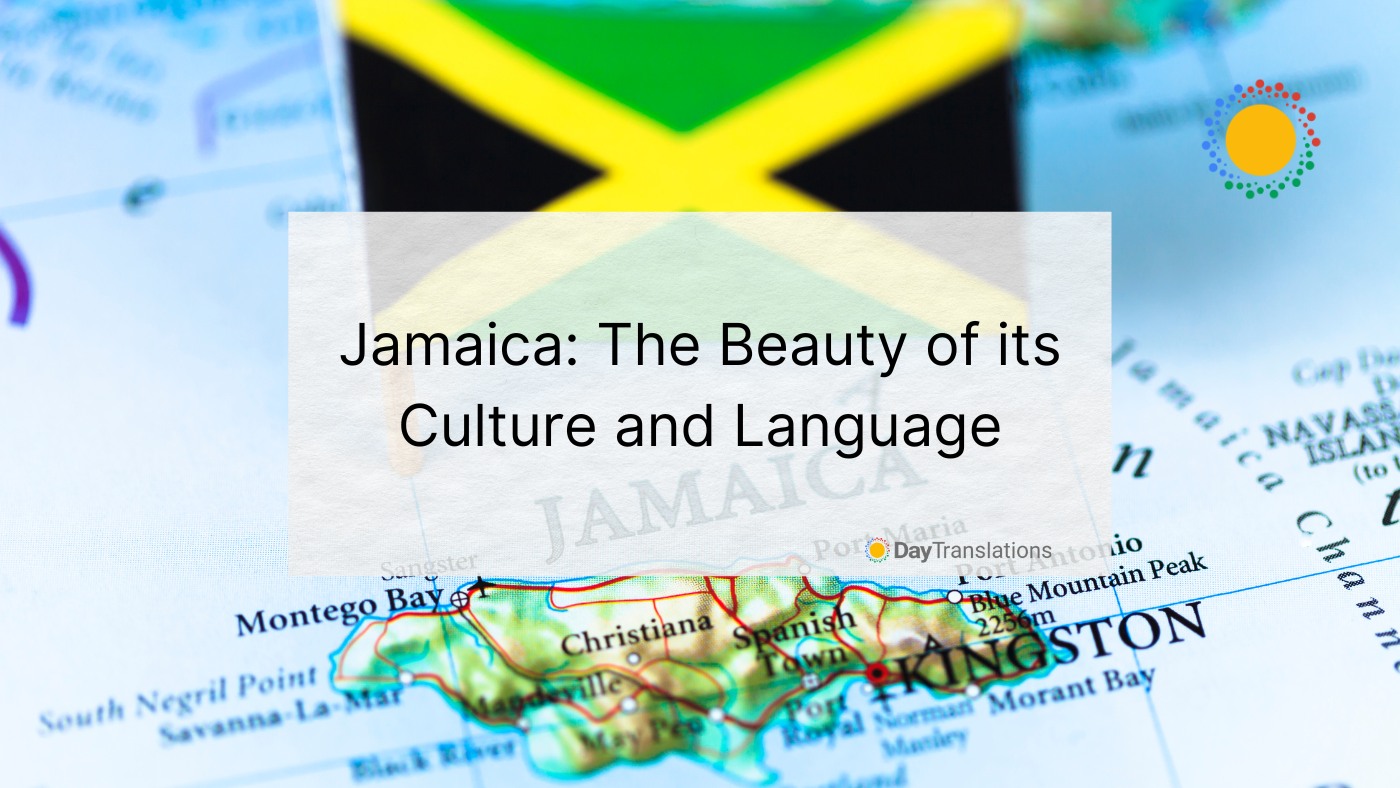
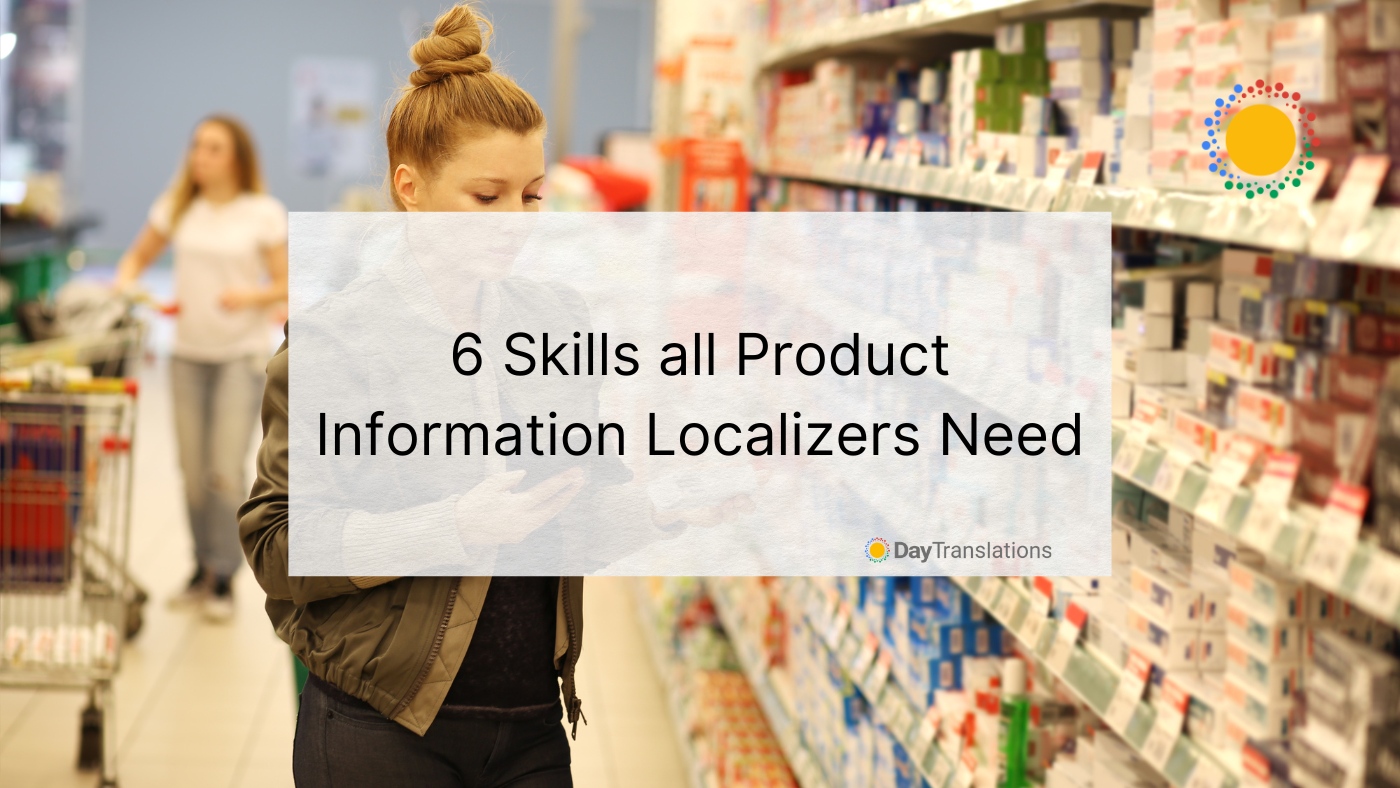
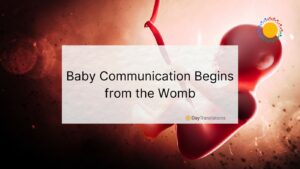
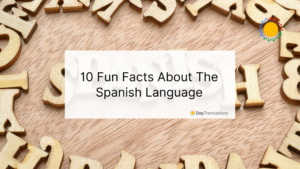
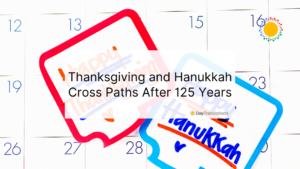








Sorry, the comment form is closed at this time.